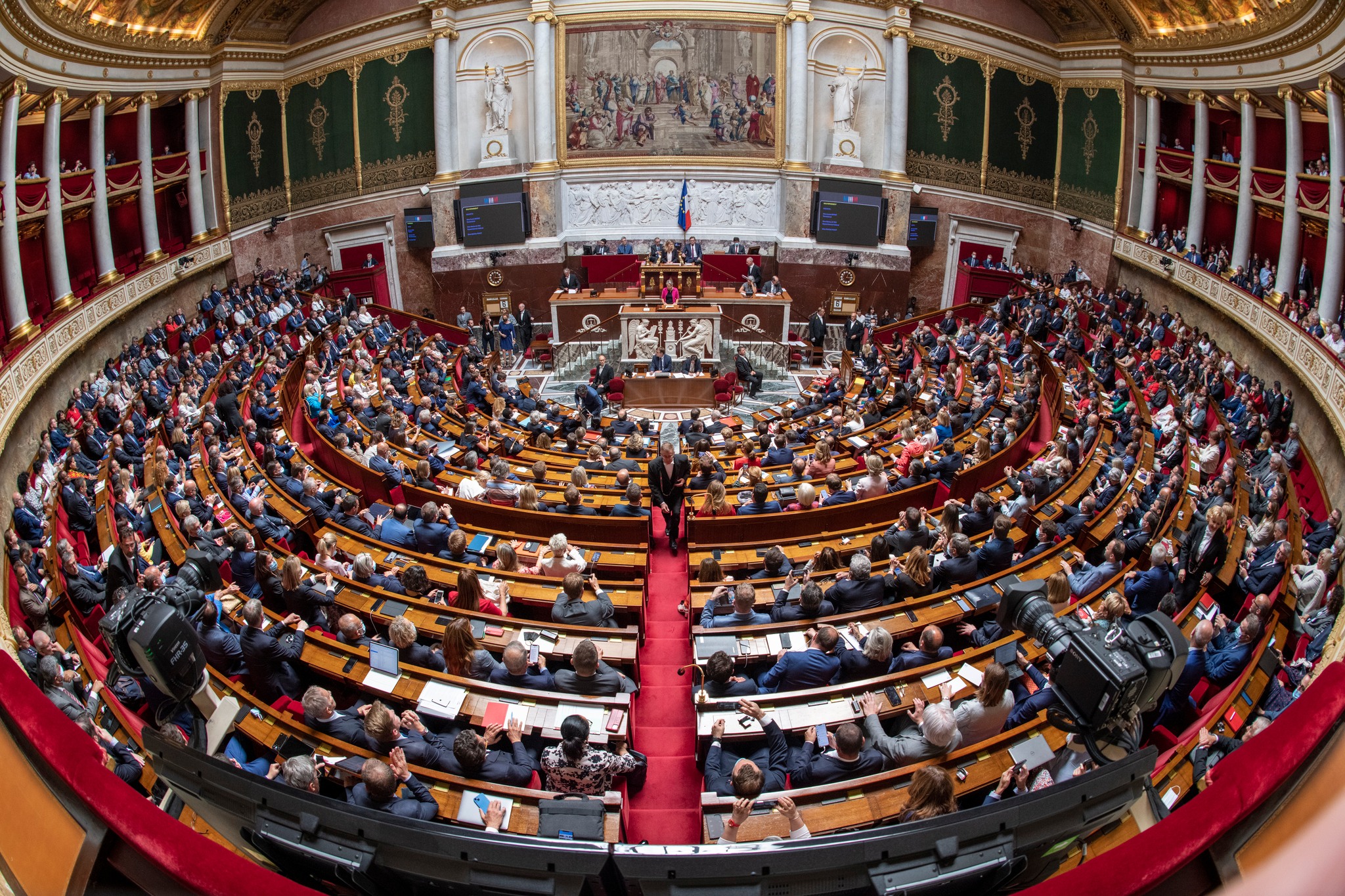An important agreement was reached the day before yesterday between the Senate and the National Assembly to strengthen the regulatory tools for tourist rentals. This decision aims to address the growing concerns of cities like Nice, which are facing a rapid increase in the supply of tourist accommodations.
In Nice, the regulation of tourist rentals is not new. Since 2014, the city has established specific rules to oversee this rapidly growing activity. Today, Nice is the second-largest city in France, after Paris, in terms of the number of tourist rental listings, with over 13,600 accommodations offered on platforms like Airbnb. These rentals account for about 5.7 million overnight stays per year and cover 6% of the city’s housing stock. The most touristy areas, such as Old Nice and the Promenade des Anglais, concentrate 70% of these listings, resulting in a 7% population loss in these sectors.
In response to this situation, the Nice municipality has implemented several regulations. Owners must obtain a registration number from the city hall. For primary residences, the rental period is limited to 120 days per year. Beyond that, a declaration for secondary residence with authorization becomes mandatory. Secondary residences can even be subject to additional taxes.
Enhanced Measures for Municipalities
The bill adopted in the joint commission grants more power to mayors to limit the development of tourist rentals. Starting January 1, 2025, several new rules will come into effect. Municipalities will be able to reduce the maximum rental period for primary residences to 90 days per year. Additionally, any new authorization for a change of use will be more strictly regulated.
Enhanced monitoring of rental registrations is also planned. Renters will need to prove that the property is a primary residence to avoid fraud. The city of Nice also wishes to establish quotas in areas most affected by tourism. The goal is to limit the number of tourist rentals and maintain the balance between residential and tourist accommodations.
A Specific Scheme to Accommodate Students
To better meet the needs of students, the Metropolitan area has renewed the “mixed rental” scheme. This system allows owners to rent a furnished accommodation to a student for 9 months. They can then rent it to tourists during the summer period, in a strictly limited manner. This alternative aims to support the supply of student housing while regulating the tourism-related income for owners.
In parallel, new energy obligations will apply starting in 2025 for rentals in high-demand areas. These accommodations will gradually need to comply with the energy performance standards for long-term rentals. The objective is to limit the impact of tourist rentals on the housing market and prevent co-owned properties in high-demand areas from being hindered in their energy improvement works.


